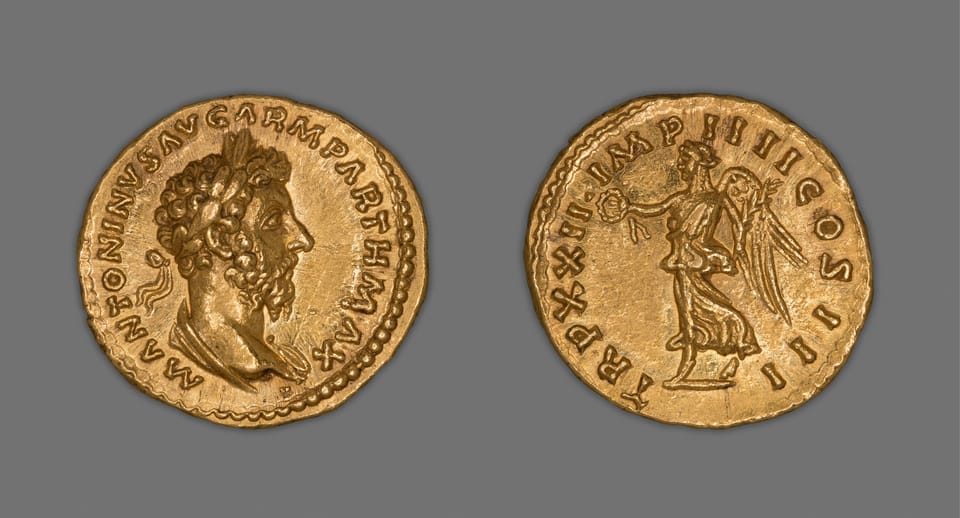Skater Boy's Merits
Avril Lavigne's 2002 song "Sk8ter Boi" from a meritocratic perspective.

I was 10 years old when Avril Lavigne released her song "Sk8ter Boi" in the summer of 2002. I barely understood English at the time, and to be honest, I didn't really pay attention to the lyrics until recently, when the song came on the radio while I was driving in my car.
He wanted her
She'd never tell
Secretly she wanted him as well
But all of her friends
Stuck up their nose
They had a problem with his baggy clothes
Five years from now
She sits at home
Feeding the baby, she's all alone
She turns on TV
Guess who she sees
Skater boy rockin' up MTV
She calls up her friends
They already know
And they've all got tickets to see his show
He was a skater boy
She said, "See you later, boy"
He wasn't good enough for her
Now he's a super star
Slammin' on his guitar
Does your pretty face see what he's worth?
(Avril Lavigne: Sk8er Boi, 2002)
Now one line in particular stuck with me: "Does your pretty face see what he's worth?" What is he worth? According to the logic of the song, his worth became apparent only after his successful career as a rock star with sold-out shows - an easily objectifiable high socio-economic status. This may be a stretch, but doesn't it say something about a society when you can find such clear meritocratic motifs even in the lyrics of a teen punk song?
Every few years since 2002, new arguments have been put forward to predict the imminent decline of the United States as the world's leading economic and military power. Meanwhile, every few years, the next technological innovation was born, or at least took off, on U.S. soil. With the advent of generative AI, the next technological revolution is dawning, and once again, U.S. companies and universities are at the forefront, while we Europeans pale in the face of American innovation and entrepreneurship.
For those who envy U.S. economic success, it has always been easy to explain: With vast domestic resources and a military presence in most regions of the world, the United States were in a clearly superior strategic position. But this does not really explain the rise of unimaginably productive companies like Apple, Alphabet, Meta, or Microsoft. Computer scientists, programmers and engineers proved to be the prerequisite for disruption in the 21st century - human capital has once again come to the fore as the key factor of production. But why does so much well-educated human capital accumulate in the U.S., where a university education sometimes costs as much as a single-family home, while access to some of the best universities is free in many other parts of the world? Perhaps it is the spirit and way of thinking that attracts the brightest minds from around the world and inspires them to excel in the United States.
German sociologist Max Weber traced "The Protestant Ethic and the Spirit of Capitalism" (1905) back to the Reformation. The rebellion against the Catholic Church and its monopoly on salvation led directly to the achievement of salvation through one's own efforts - "God helps those who help themselves" as the driving force behind modern capitalism. With the expulsion of Protestants from many parts of Europe and their relocation to North America, this spirit shaped society in the British colonies and later in the United States. Perhaps it was this work ethic that evolved into a meritocracy - a society that celebrates individual success.
In his 2020 book "The Tyranny of Merit", philosopher Michael S. Sandel is particularly critical of the unequal starting point for individuals in American society: Education is an individual's most important asset, but unfortunately, as Sandel notes, "American higher education is like an elevator in a building that most people enter on the top floor." But is Sandel really criticizing the idea of a true meritocracy here, or rather a de facto partially corrupted meritocracy?
Isn't a constant gradient toward corruption inherent in any social or political system? On the time scale of human evolutionary history, people still lived in family clans yesterday. Modern mass societies are somehow always an artificial compromise in which the individual's urge to create advantages for his genetic descendants must be limited in order to create fair conditions over generations and to prevent the re-accumulation of power and capital in family clans. So is meritocracy fundamentally to blame for inequality? No question, if you want to fight inequality and corruption within a meritocratic society, you have to constantly reinvent and work on it. But that is not to say that meritocracy is a bad idea per se. Celebrating the achievements of free individuals can be the basis for innovation and productivity that benefits society as a whole. Even if you're not an innovator yourself, you can invest in innovation through the stock market if you can save a little, and you can profit even more if you recognize the true potential of someone or a company. Just like in the song…
Too bad that you couldn't see
See the man that boy could be
There is more than meets the eye
I see the soul that is inside
He′s just a boy and I′m just a girl
Can I make it anymore obvious?
We are in love, haven't you heard
How we rock each others world?
(Avril Lavigne: Sk8er Boi, 2002)




